Developing Resilience to Climate Change and Achieving Food Security in West Africa: Follow up Action from the UN Food Systems Summit
Organized by IFPRI and WASCAL, this collaborative seminar will address issues, constraints, and challenges to developing resilience to climate change and achieving food security in West Africa.
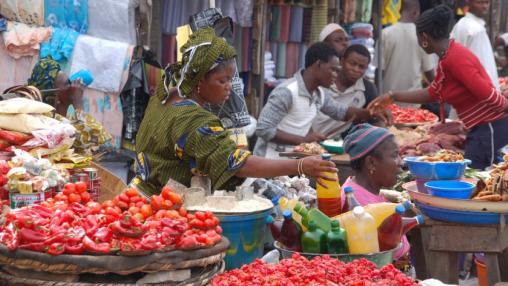
Transform Nutrition West Africa: Time to build on the momentum
This post originally appeared on IFPRI.org
The COVID–19 pandemic, ongoing conflicts, and other problems made 2020 a difficult year for global nutrition. Knowledge will be crucial in addressing current nutrition issues and advancing the nutrition agenda for 2021 and beyond. Transform Nutrition West Africa (TNWA), a project led by IFPRI and funded by the Bill & Melinda Gates Foundation from 2017-2021 and now concluding, has worked to put stakeholders and knowledge generation at the heart of decisions about policies and programs for maternal, infant, and young child nutrition.
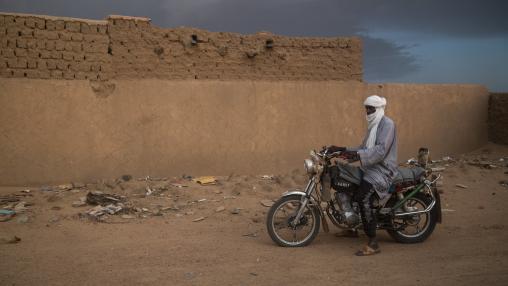
Examining the gendered impacts of cash transfers on migration in Mali
This post originally appeared on IFPRI.org
Migration is a crucial element for economic development, as it offers workers in low- and middle-income countries ways to diversify and increase their income as well as ways to smooth their consumption over time. In addition, migration allows workers to send remittances, providing their households with the resources needed for investments. Yet social norms and income constraints also influence who migrates and why.
Prevention of food losses across the value chain in Africa
Enhancing Resilience to Food Crises
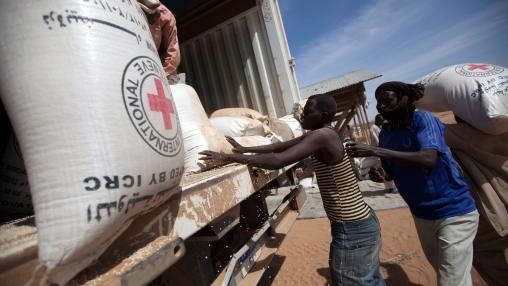
Ethiopia and Madagascar are world's newest food security hotspots, says new report from FAO and WFP
Food security is expected to further deteriorate in 23 countries already facing food crises, according to a new report from FAO and WFP. These worsening conditions come as countries and regions are reeling from the effects of the COVID-19 pandemic and struggling to address conflict, climate change, and economic downturn.

COVID-19-induced disruptions of school feeding services exacerbate food insecurity in Nigeria
This blog post originally appeared on IFPRI.org and is part of a special series of analyses on the impacts of the COVID-19 pandemic on national and global food and nutrition security, poverty, and development. The blog series is edited by IFPRI director general Johan Swinnen and A4NH director John McDermott.
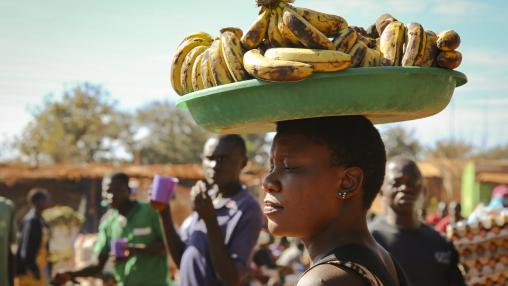
More African Countries Facing Acute Food Insecurity, According to Latest AGRA Food Security Monitor
The number of African countries facing acute food insecurity rose in June, according to the latest AGRA Food Security Monitor. The Food Monitor defines acute food insecurity as occurring when more than 50 percent of the population lacks access to sufficient food supplies. Acutely food-insecure countries in the region now include South Sudan (60%), Burkina Faso (59%), and Mali (58%).

Latest FEWS Net Alerts Report Food Crises in Several Countries
Several African countries are currently experiencing acute or worsening food insecurity, according to FEWS Net.
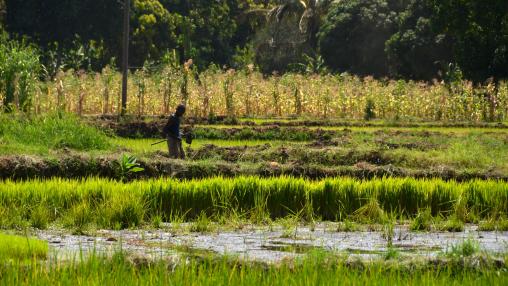
Africa Can Be Self-Sufficient in Rice Production
Every year, people in Sub-Saharan Africa consume 34 million tons of milled rice, of which 43 percent is imported. But the COVID-19 pandemic has greatly hampered supply chains, making it difficult for imported rice to reach the continent. Indeed, if immediate action is not taken, the supply shortfall will further strain the region’s food systems which are already impacted by the pandemic.